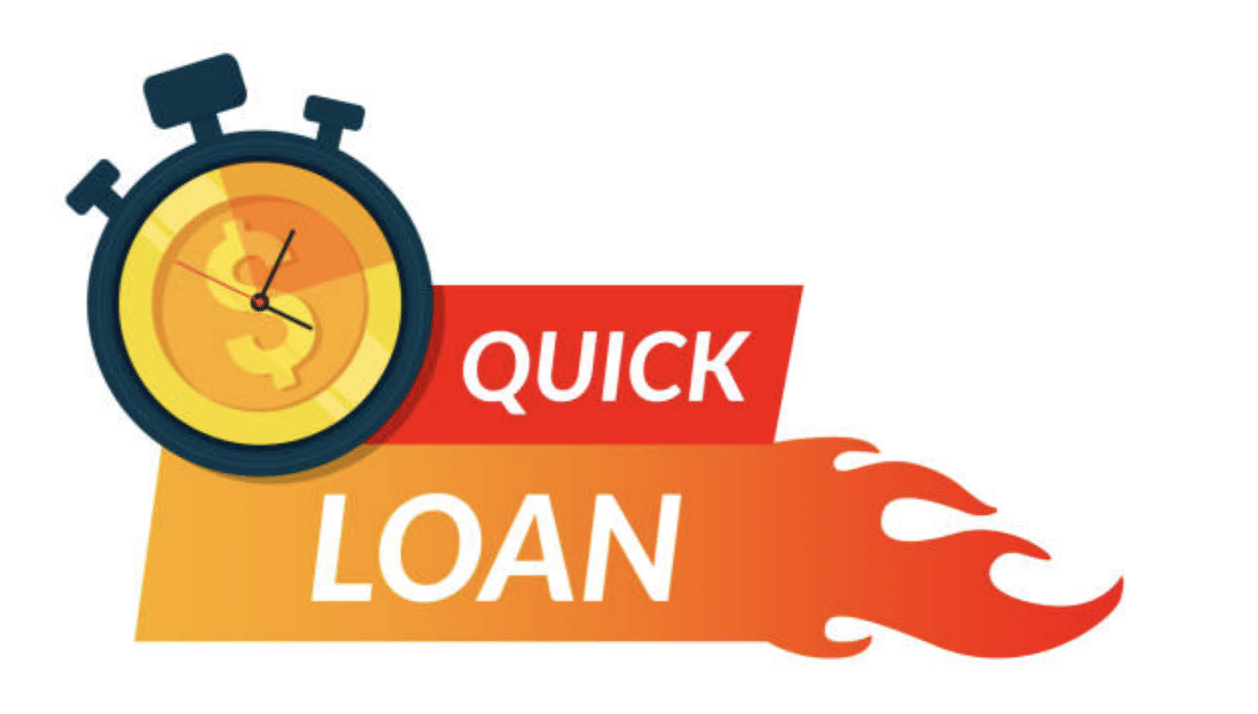Trusted by More than 2,000,000 Canadians since 2016
Published
Written by:

What Is A Draft In A Bank

How Much Line of Credit Can I Get?

Everything You Need To Know About A Line Of Credit

Loans For International Students Canada

Fast Loan Options In Canada





